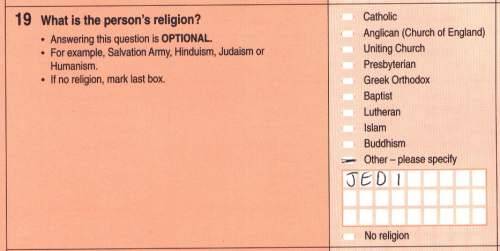We're all moving forward and religious rituals are holding less and less meaning for us. But a routine can help fill the gap of rituals - centering our day, calming us, and helping us connect ourselves to a bigger context. We want a living, grounded, whole spiritual practice, one that is a positive part of our every day life. And what's more every day than taking a shower? I take a shower in three simple can-do-while-asleep steps (shampoo, conditioner, soap), so let's try a three step, shower based daily meditation.
3 Steps to Balancing Yourself in the Shower
 |
| Thats some beautiful shower water. |
2) Who showers? Well, nearly everybody bathes. Water shortage is a critical issue, but if you are reading this, chances are everyone you know strips down and gets wet. Imagine your political opponents using a loofa, or your crush applying acme cream, or a Kardashian peeing. When we bathe our routine connects us to other humans, removing clothing, status, or ideology.
 |
| Not a good meditation for some. |
3) How many showers? I shower once daily, usually just after waking. I use ingrained routine to finish in fifteen minutes, including a quick shave. Every day I take a shower connects me with every other day I take a shower. I've been busy since the last time my tile floor was cold, but how have I changed?
This meditation will help you connect yourself to yourself over time, connect yourself to other people you have relationships with, and connect yourself with the larger environmental context. If you take the five minutes to lather, rinse, and repeat every day, you'll have a habit in a few weeks, and every day will be a little more grounded and balanced.





















